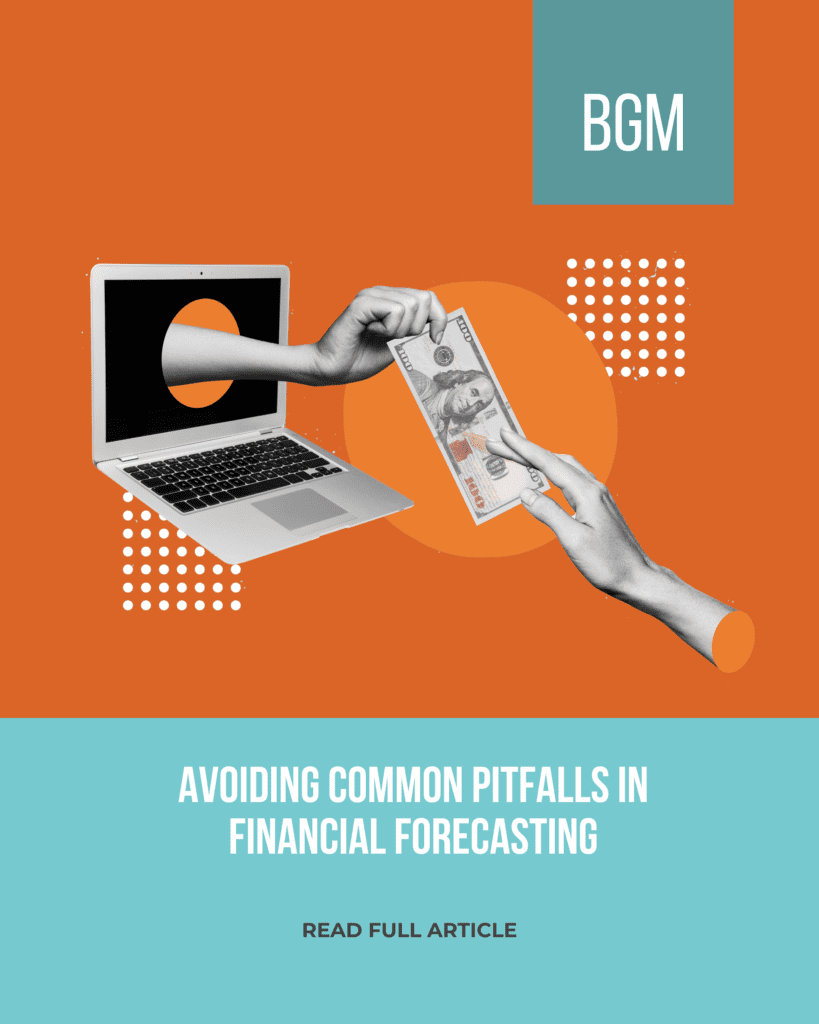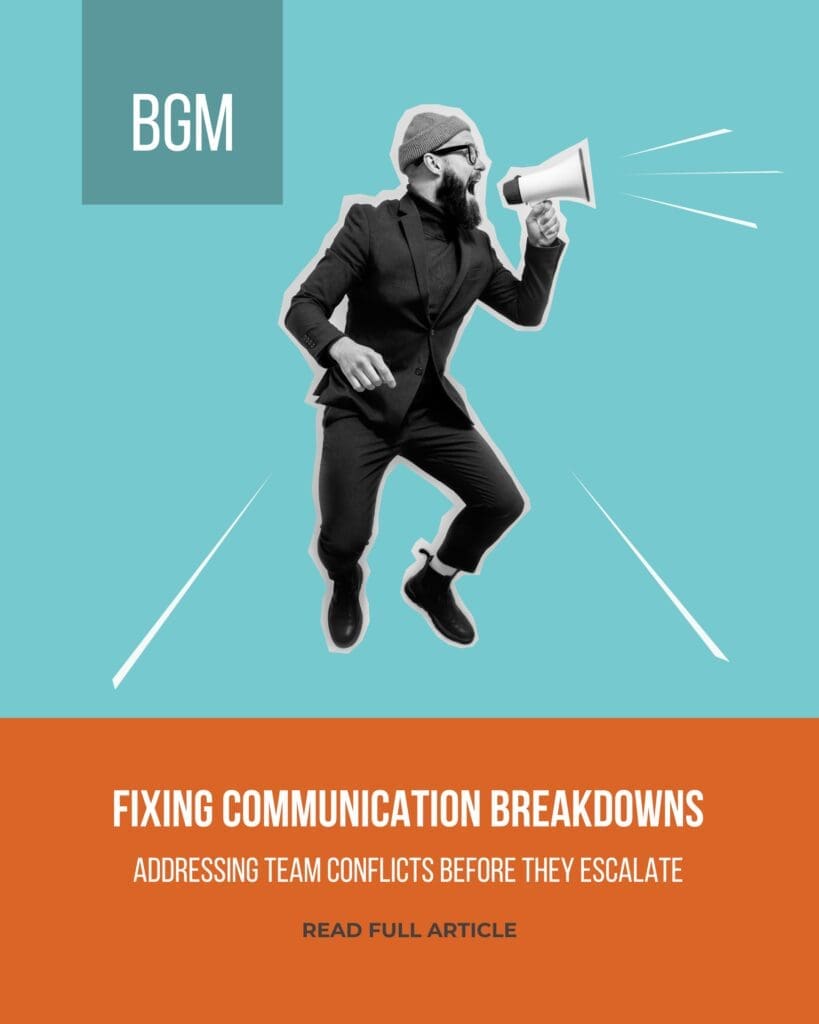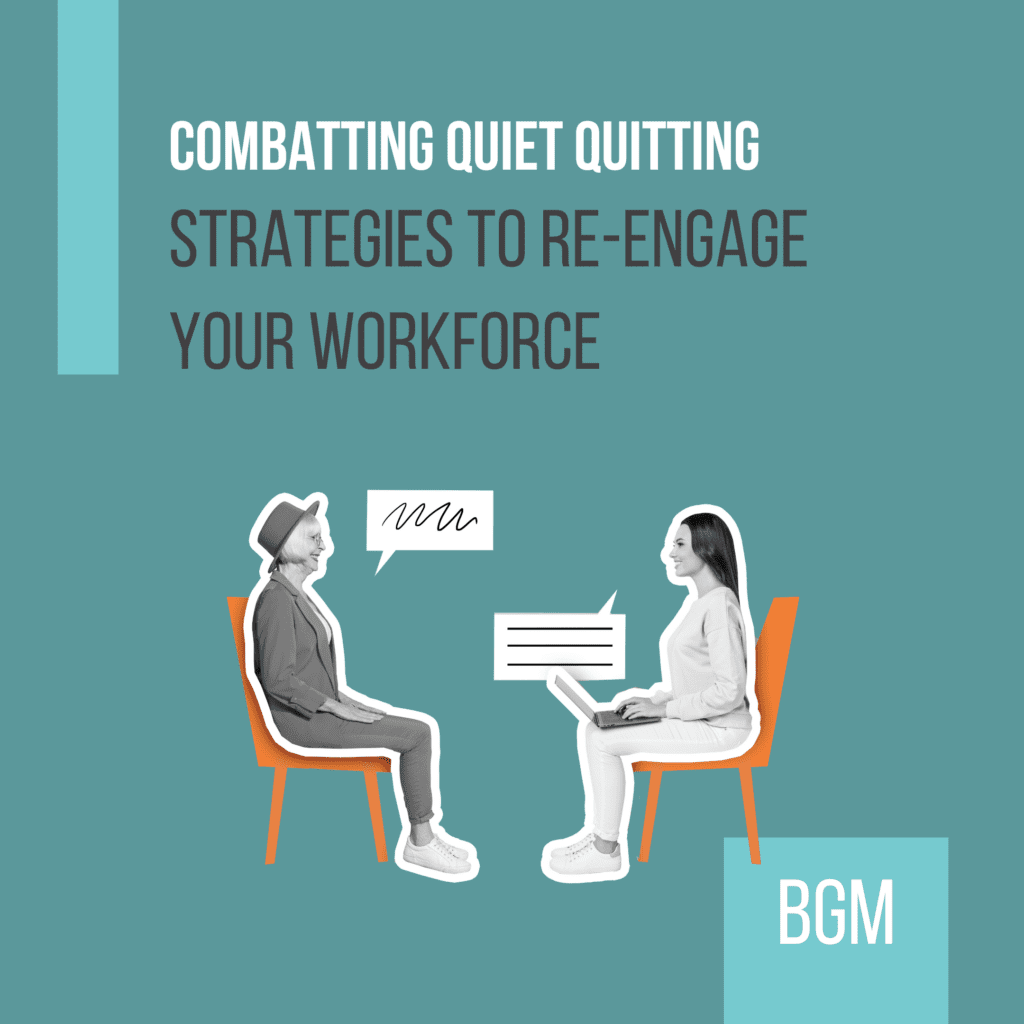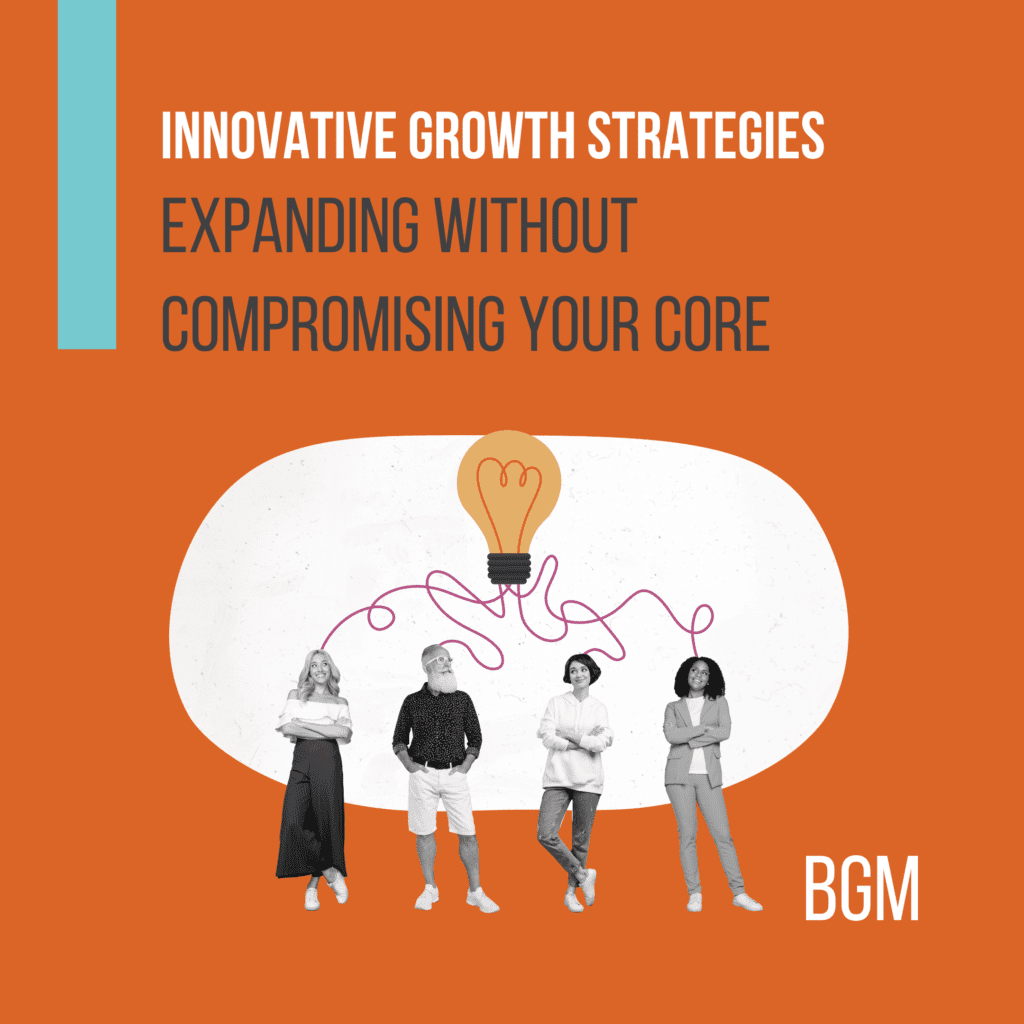Avoiding Common Pitfalls In Financial Forecasting

Accurate financial forecasting allows business owners and leaders to plan for the future with confidence, manage risks effectively, and seize new opportunities as they arise. But here’s the catch, forecasting is often riddled with challenges and mistakes that can derail even the best-laid plans. If you’ve ever struggled to align your financial goals with your […]
When To Hire A Business Coach – Key Signs And Benefits

Managing a business comes with its share of challenges. From overseeing daily operations to planning for long-term growth, the responsibilities of a business owner can feel overwhelming. At some point, you may find yourself asking: Am I doing everything I can to move my business forward? This is where hiring a business coach can make […]
What Is A Business Coach

Running a business is a journey filled with challenges, from navigating market competition to managing growth and ensuring long-term sustainability. Whether you’re a seasoned entrepreneur or just starting out, the road to success can feel overwhelming. This is where a business coach comes in—They will work closely with you to overcome obstacles, set clear goals, […]
Fixing Communication Breakdowns – Addressing Team Conflicts Before They Escalate

Combatting Quiet Quitting – Strategies To Re-Engage Your Workforce

Why Mindset is the Key to Success in Business

Running a business is challenging—there’s no way around that. From making tough decisions to navigating unforeseen obstacles, being a business owner requires more than just hard work and determination. Your mindset shapes how you perceive problems, how you approach opportunities, and ultimately, how you lead and grow your business. Without the right mindset, even the […]
Innovative Growth Strategies – Expanding Without Compromising Your Core

Why Working ON Your Business Is More Important Than Working IN It

As seen in Business Life newsletter (September 2024) In the journey of entrepreneurship, one of the most crucial distinctions you’ll need to make is between working IN your business versus working ON it. This seemingly subtle difference can be the defining factor between stagnation and scalable success. Understanding the Distinction Working IN Your Business Think […]
Safeguarding Your Cash Reserves – Strategies For Risk Mitigation

Talent Acquisition And Retention – Attracting And Keeping Top Talent

